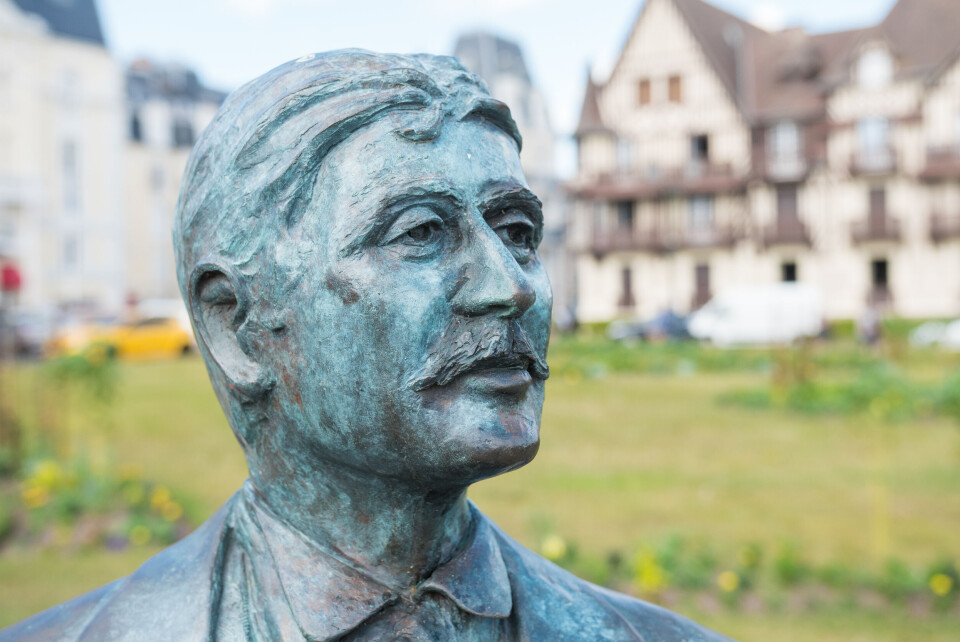-
Martel: the medieval French town home to a 'truffle' train and lavender festival
The small town in the Lot offered refuge to an English throne heir until his death
-
Brittany lighthouse lens removal leads to public outcry
A petition gained over 20,000 signatures, highlighting the ongoing battle over the buildings' heritage in France
-
What are the best ways to access French family history records?
Several online resources are available
This month in history – November 10, 50 and 100 years ago in France
We look back at important events that happened in November 2012, 1972 and 1922

November, 2012 - Rallies against gay marriage
On November 17 and 18, tens of thousands of anti-gay marriage protesters gathered in Paris, where they clashed with the feminist group Femen.
The demonstration, which was echoed in cities including Rennes, Nantes and Bordeaux, was in reaction to a government proposal to legalise same-sex marriage in France (made law in May 2013), and allow gay couples to adopt.
March organisers, including conservative Catholic groups, said marriage required “one dad and one mum for every child”, and the idea was a “major and dangerous upheaval”.
They were met with counter-protests, which at times resulted in violent clashes.
Read more: LGBT people in rural France can ‘feel alone’ says Pride organiser
November, 1972 - Abortion case reaches end
November saw the end of the Procès de Bobigny, in which 16-year-old Marie-Claire Chevalier was tried alongside four other women for an illegal abortion after being raped by a boy at school.
When a doctor agreed to carry out the termination at a cost of 4,500 francs, Marie-Claire’s mother Michèle, who earned 1,500 francs per month, asked work colleagues for help.
The rapist was arrested a few weeks later in relation to a stolen car, and told police of the abortion to deflect attention from himself.
When she appeared before the judge, Michèle Chevalier said: “I am not guilty. It is your law which is guilty!”
Marie-Claire was eventually discharged and the decision contributed to the Loi Veil, which decriminalised abortion in 1975.
Read more: France proposes bill to enshrine right to abortion in constitution
November, 1922 - Marcel Proust dies
Born in Paris to an affluent family, novelist Marcel Proust is best known for À la recherche du temps perdu, published in seven volumes.
It breaks from the 19th-century realist movement to instead explore the nature of memory and time. He started it in 1909, aged 38.
The first volume was refused by the publisher Gallimard and eventually published at the author’s expense elsewhere.
Proust paid for favourable reviews, calling it “a little masterpiece” and his writing “almost too luminous for the eye”.
He died of pneumonia on November 18, aged 51, and is remembered as one of the most influential writers of the 20th century.
Read more: English-language titles feature highly in France’s top 50 books
Related articles
This month in history – 10, 50 and 100 years ago in France
Five famous historical French figures who were exiled to Britain
Did you know? A decoy Paris was planned in WW1 to trick German bombers
























